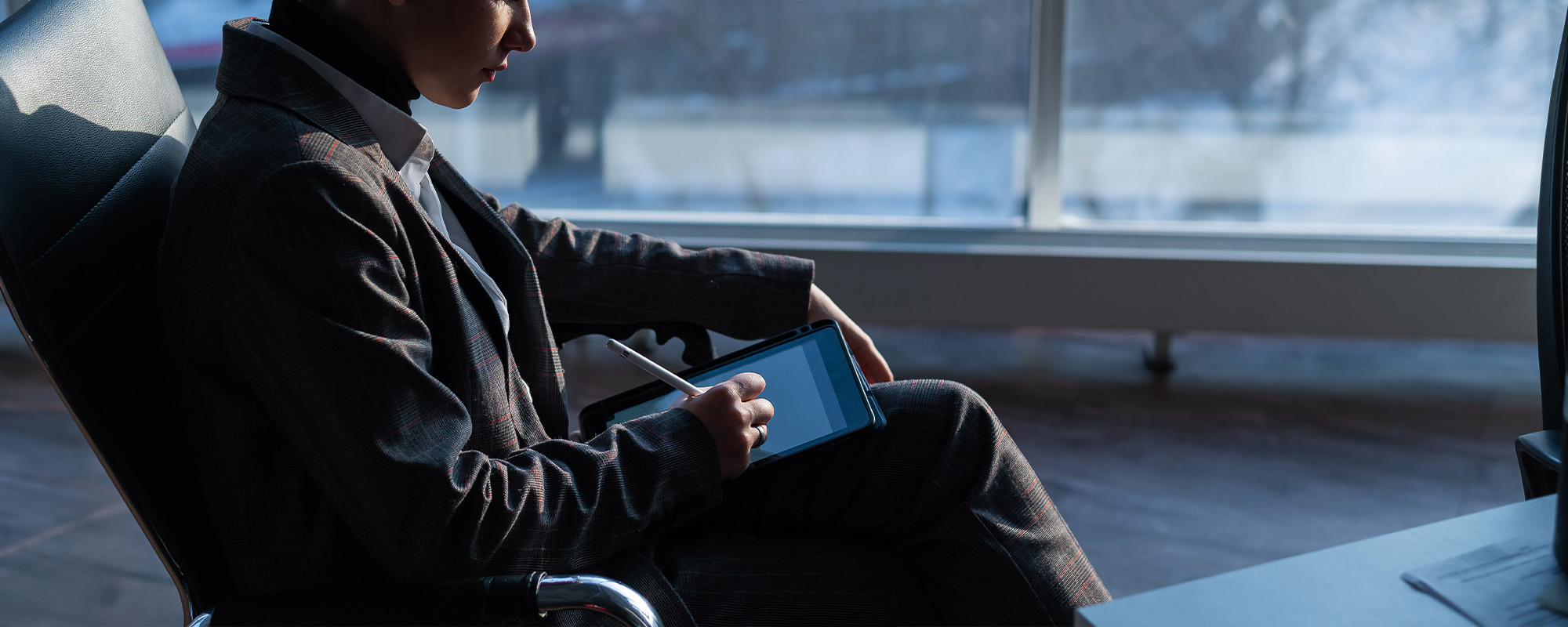
Concussions on their own can be frightening and frustrating. On average, recovery is expected to take about 7 to 14 days. But for some people, symptoms persist for weeks, months, a year, or even longer. If you are suffering from a recovery longer than you or your doctor initially anticipated, it could be an indication of a larger issue: post-concussion syndrome (PCS).
What Is PCS?
PCS is a complex disorder in which concussion symptoms persist long past the standard recovery time.
The symptoms of PCS include but are not limited to:
- Anxiety
- Blurred vision
- Depression
- Dizziness
- Fatigue
- Headaches
- Insomnia
- Irritability
- Memory problems
- Migraine headaches
- Ringing in the ears
- Sensitivity to light and noise
- Trouble concentrating
It can be hard to get a proper diagnosis for PCS because these symptoms are similar to post-traumatic stress disorder, chronic pain, and, of course, those of a concussion. If a doctor is unfamiliar with PCS, they may believe you have one of these other conditions or minimize your self-reported symptoms. This is why it is important to invest time in finding a doctor experienced in treating PCS.
What Causes PCS?
As the name suggests, PCS is rooted in a concussion. Research has shown, however, that PCS happens as the result of damage to the brain’s white matter, which comprises nerve fibers. Thus, pathways between the brain and the body are negatively affected when it is damaged.
Some groups that are more at risk for PCS include females and older adults. Athletes and people in the military are also considered at risk due to the nature of their occupations. Additionally, a few medical history details also matter: A person’s risk is heightened if they have a history of repeated concussions, prolonged recovery, migraines, seizures, or mood, anxiety, or learning disorders.
Although some doctors are unfamiliar with PCS, it is actually quite common: It arises in about 5-30% of concussion cases.
Other Effects of PCS
Unfortunately, PCS can have significant, negative impacts on a person’s life. Someone living with PCS may have to take extended leaves of absence from work or school. Students with PCS may have to repeat a grade or forgo extracurricular activities. No matter the age, people with PCS may need to refrain from certain activities that can aggravate their symptoms, such as sports or attending crowded, loud concerts or events.
PCS can also negatively affect personal relationships because the symptoms, such as depression and noise sensitivity, can make it hard to socialize with people. Furthermore, since PCS is an invisible illness, people may minimize its accompanying symptoms, which can lead to feelings of distrust in both the person with PCS and their loved ones. Therefore, it’s important to listen to what a person living with PCS says they go through. Listen to their self-reported symptoms with empathy— simply put, believe them in order to support them. They will feel less alone during this difficult time in their life if you do.
PCS Treatments
Since PCS is the direct result of an injury to the brain, it can be extremely dangerous to pioneer treatments without a doctor’s supervision, as you could overwork sensitive brain cells and damage them even more. Thus, it is vital to consult a medical professional well-versed in PCS and its treatment.
That being said, after a concussion, medical professionals will recommend taking time to rest before returning to regular activities on a gradient. If a patient starts to show signs of PCS, then doctors are likely to recommend active treatments to mitigate stubborn symptoms.
Under their care and supervision, medical professionals might recommend:
- Cognitive behavioral therapy (CBT): This psychological treatment is oft-utilized to help people suffering from PCS symptoms related to mood. It is hailed as an effective treatment for many disorders— such as obsessive-compulsive disorder and post-traumatic stress disorder— because it has been proven successful time and again in challenging unhelpful thought patterns and behaviors via the implementation of practical, personalized coping strategies.
- Cognitive rehabilitation therapy (CRT): Essentially, CRT is a blanket term for treatment aimed at helping patients who suffer from brain injury-related cognitive problems, such as attention, memory, and speech difficulties. Depending on the symptoms being treated, CRT could be delivered by a speech-language pathologist, occupational therapist, psychiatrist, or the like.
- Exertional therapy: Patients in exertional therapy are prescribed a customized plan by a medical professional in which they are to perform light aerobic activities, such as swimming. Medical professionals closely monitor patients to ensure their heart does not exceed a certain level; overexertion would only cause more harm to the patient.
- Physical therapy: This treatment is quite wide-ranging, as physical therapy is used to treat many different injuries. As applied to PCS, it can help alleviate symptoms relating to headaches and orthopedic injuries.
- Support groups: Just as with any illness, it can be extremely helpful to find a group of individuals going through the same hardship. A support group can help people living with PCS meet people who understand the nuances of PCS and are living with it themselves. This can greatly reduce the feelings of loneliness that often accompany silent illnesses.
Will PCS Ever Go Away?
Fortunately, PCS tends to get better with time. It is not degenerative; in fact, most cases completely resolve over time.
The most important thing is to give yourself time to heal. It is easier said than done, but if you rush recovery or overexert yourself, you could end up causing more damage, which in turn, results in an even longer recovery.
Were You Injured by Another Party?
At Simeone & Miller, LLP, we know concussions sometimes result from the actions of a negligent or careless party. If your concussion stemmed from a car, bicycle, or motorcycle accident, or occurred on another person’s poorly maintained property, you may have grounds for a case.
Our skilled lawyers have the experience to help recover the compensation owed to you. We know no amount of financial compensation can make up for the hardship you have endured, but it can help pay for medical expenses, lost wages, or lost time incurred due to your injury. Let us help fight for your rights while you focus on your recovery.
Contact Simeone & Miller, LLP to discuss your case with a renowned lawyer from our team.
